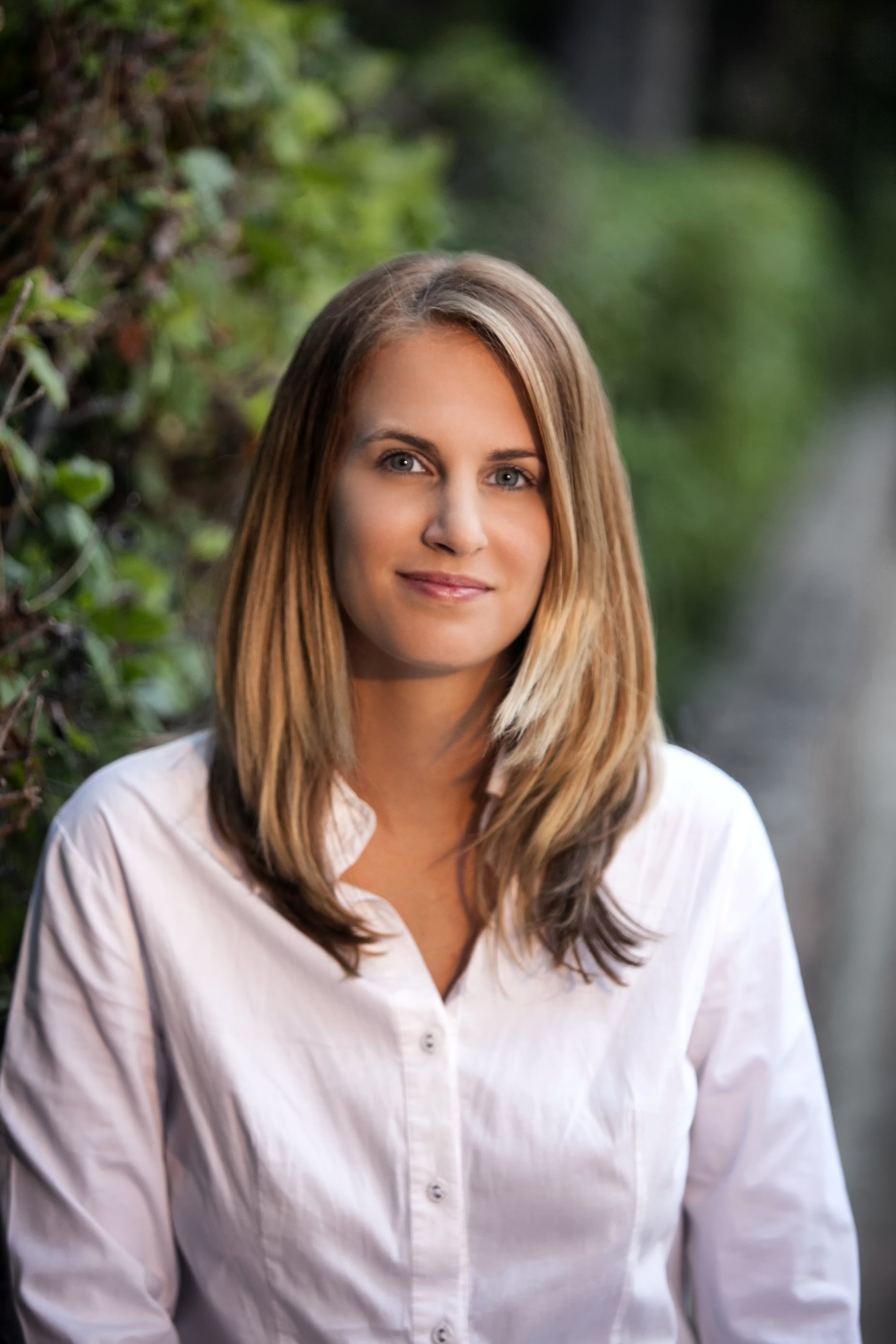It was time. My best friend at work said that he would walk me out of the building and take my badge. I would not be a Google employee anymore. “It is the first day of the rest of my life,” I posted on social media. I wanted to spend the rest of my life as an entrepreneur. I felt “uncomfortably excited.”
After leaving my cushy job to start a business, I coached several other leaders to do the same. For this article, I interviewed some of these leaders to give you an insight into this transition. You will learn their best strategies to overcome their fear of diving into entrepreneurship.
Face your biggest fear
Fabrizio Crisafulli came from a family of entrepreneurs. After a stint in consulting, he took over the family business and drove it from strength to strength. As much as he enjoyed running an established company, he wanted to build something from scratch. Everyone was telling him he was crazy to leave a CEO job at a lucrative business. He was in his mid-forties and had two kids. What if everyone was right? He did not know how easy it would be to go back after his successor had taken over if things did not work out.
Fabrizio realized that most of his fears were irrational. He asked himself: “What is the biggest irrational fear I have always had? What is the last thing I would do in my life?” The answers were “heights” and “parachuting.” During a business trip to San Francisco, he rented a car and drove to Santa Cruz. With no one knowing where he was, he jumped in a parachute. Within a week, he had finally left his job. Facing his biggest fear and surviving gave him the courage he needed to follow his dream. He is now developing two businesses and loving it. He argues that the worst thing that could happen to aspiring entrepreneurs is to live with the regret of “I could have tried…”
Start with a side-hustle
Fatou was the oldest of five siblings and since her early years, her parents instilled her with confidence and optimism. In parallel to her corporate work, she started experimenting with entrepreneurship. She was afraid of losing the money she would invest in her business, so she started with smaller amounts that she would be comfortable losing. She first launched a real estate business in France. Then, she invested in a commodity trading company in Congo. Now, she is working on a new venture in the African market, as she believes that Africa is the “next big thing.” Along the way, she created a board of mentors and advisors who provide her with feedback and insight.
Starting while she was still on a paycheck, reduced the risk for Fatou. She also set herself a deadline. If the business did not take off within two years, she would pull back. She advises aspiring entrepreneurs to have a plan B, a pot of savings, and a board of advisors. A safety net will provide them with the confidence to be ambitious and go big with their vision. “Everything seems impossible until it is done,” she says.
Get a partner
Jerome van Innis had a successful corporate career when he decided that the office politics and the rat race were not for him. He wanted a path full of purpose, fun, growth, and adventure. He moved to South Africa to start a business. He was worried about how he would get people to get behind his ideas while being an introvert. What if he failed?
Jerome never overcame his fears entirely. He saved some cash to sustain himself during the start-up phase. And then, he stopped planning and jumped, despite his concerns. What made the biggest difference was finding a partner who he trusted and enjoyed working with. They launched Beyond Soil, an agribusiness accelerator in South Africa. Now, he spends his time equipping black entrepreneurs with skills, funds, and connections. He doesn’t complain about not having enough purpose or adventure anymore.
Skill up
Goulnara Aguiar first thought about entrepreneurship during a work assignment. She had to build a complex product from scratch. She made it happen in less than six months, and she enjoyed it. However, the political games within the company slowed down the product’s expansion. A few years later, a series of negative work and personal events made her realize that she needed to make a change.
Goulnara’s biggest fear was whether she could lead a company on her own. She knew how to create and deliver a product. Being a founder and CEO involved much more, including strategy, financial plans, investor and media relations. She felt responsible for the people she would hire, and she wanted to know what she was doing. She enrolled in a global executive MBA to hone her skills. The program enlarged her vision on the macro-issues the planet was facing. She decided to pursue a socially responsible business.
Goulnara tested several iterations of her business idea before she ended up with the right one. Now, she leads ORMEX, a tech solution that enables sustainable agricultural trading at scale. She advises aspiring entrepreneurs to surround themselves with mentors, teachers, coaches, and peers. “Entrepreneurship does not have to be a lonely path,” she says.
Prioritize balance
Dionisio Vitoria was a high-performing sales leader when he started craving something else. He wanted to make a difference in a venture designed around his values. The thought of risking his family’s livelihood though, was terrifying. “What if no one wants what I’m offering? What if I lose everything I’ve already built?”, he worried.
Dionisio embarked on a self-development journey to face his fears. He realized that unknowingly he had been living with depression for several years. This did not stop him from performing at the highest levels in his management role. Many business people ignore mental health issues as they perceive them as a weakness. Dionisio sought to get healthier mentally and focused on rebuilding a sense of balance. This gave him the confidence he needed to step into entrepreneurship. He was then ready to juggle all the balls an entrepreneur needs to keep in the air. He now runs ORA Worldwide helping companies automate online recruitment advertising.
Dionisio advises aspiring entrepreneurs to focus on balancing their work and life and take care of their mental health. He also invites business owners to embrace their journey of growth that entrepreneurship brings. Your business can only grow if you do.
Conclusion
If entrepreneurship is your dream, it is worth working on it. There will always be risks when you embark into the unknown, but there is no reason to let fear be on the driving seat. Jerome, Fatou, and Goulnara found people to support them in their path. Partners, teachers, mentors, coaches, and fellow entrepreneurs can be your new tribe as you leave your old one. Vitorio and Fabrizzio embarked on a journey within and faced their own long-standing fears. They emerged on the other side as winners, feeling more fulfilled than ever. Life is short. And as Jim Carry said:
“You can fail at what you don’t want, so you might as well take a chance on doing what you love.”
You can download my free guide with “13 Free Ways To Motivate Your Team Right Now” here.


